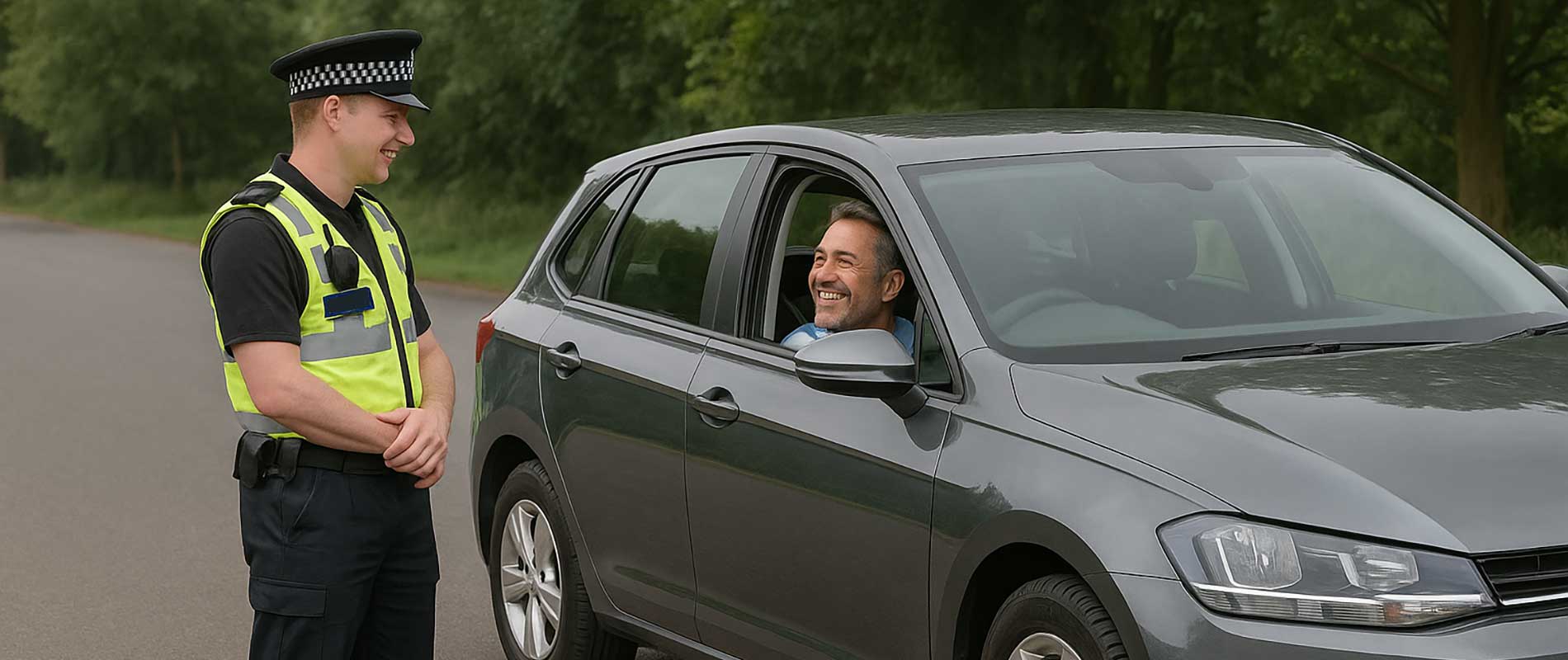Yes, but You’ll Need to Do Some Digging
It’s possible to get taxi insurance after a driving conviction, but it’s rarely straightforward. Taxi drivers are held to higher standards than most motorists, and insurers know it. A conviction doesn’t automatically end your career, but it does mean your insurance options shrink and your premiums rise. You’ll likely need a specialist broker who understands how to match professional drivers with insurers who take a balanced view of risk.
Some offences make things much harder than others. A minor speeding ticket might be forgiven. A drink-driving or dangerous-driving conviction, on the other hand, will have serious implications for both your insurance and your taxi licence.
What the Licensing Authorities Expect
Before worrying about insurance, check that your local council or licensing authority will still grant or renew your taxi badge. Many have strict policies on convictions. For instance, a recent ban for drink-driving may require several years of clean driving before they’ll consider reinstatement. Even if an insurer is willing to cover you, you can’t legally work as a taxi driver without an active licence from your authority.
If you’re reapplying, be honest about your record. Councils respect openness more than concealment, and demonstrating rehabilitation; through a clean period, course completion, or character references; can make a difference.
How Insurers View Taxi Drivers with Convictions
Taxi insurance is already a high-risk market because of the hours, mileage, and passenger responsibility involved. Add a conviction, and underwriters will look even closer. They’ll assess:
- The type of offence; for example, speeding vs. driving uninsured vs. drink-driving.
- How recent the conviction was and whether it led to a ban.
- Whether your taxi badge is valid and your licence fully reinstated.
- Your driving history before and after the conviction; insurers value steady improvement.
In short, insurers don’t automatically say no, but they’ll want reassurance that the problem is behind you. A long period of clean driving, a completed rehabilitation course, and evidence of professional conduct all help your case.
Where to Find the Right Cover
Standard comparison sites are rarely helpful for convicted taxi drivers. You’ll need a specialist taxi broker; the kind that deals daily with drivers who’ve had points, bans, or suspensions. They can access insurers who don’t advertise publicly and can sometimes negotiate more reasonable terms.
If you’re an owner-driver, make sure your business documents are up to date. If you work under an operator’s fleet, they may already have an insurer familiar with these cases. Some fleets are open to reinstating experienced drivers after a period of rehabilitation, especially if you’ve kept in touch and maintained your professional qualifications.
Keeping Costs Under Control
Expect higher premiums for a while, but there are ways to keep them from becoming unmanageable:
- Choose your vehicle wisely. A smaller, lower-powered car will cost less to insure than an executive saloon.
- Increase your voluntary excess. It shows commitment to low-risk driving, though make sure you can afford it if you need to claim.
- Drive safely and steadily. Each year without a claim or penalty helps rebuild trust with insurers.
- Ask about telematics or monitoring options. Some insurers offer discounts for drivers willing to prove good behaviour through tracking data.
It’s a gradual process, but persistence pays off. After two or three clean renewals, your rates should start to ease down again.
Finding Your Way Back
Yes, you can get taxi insurance after a driving conviction; but it takes honesty, patience, and the right help. The key is to rebuild your record and show that the conviction was an exception, not a pattern. Specialist brokers, steady driving, and full disclosure will all work in your favour. You may have to pay more at first, but your reputation can recover. Like most things on the road, it’s about direction, not speed; and getting back behind the wheel the right way.

